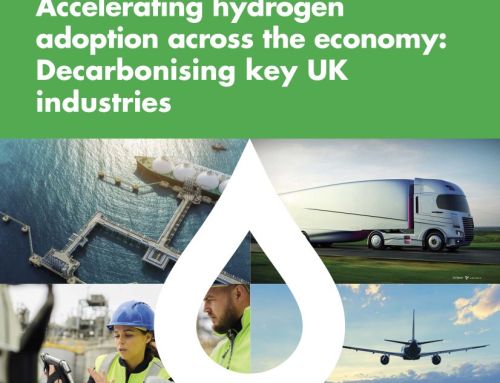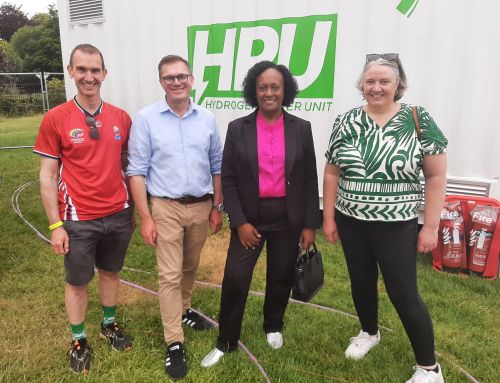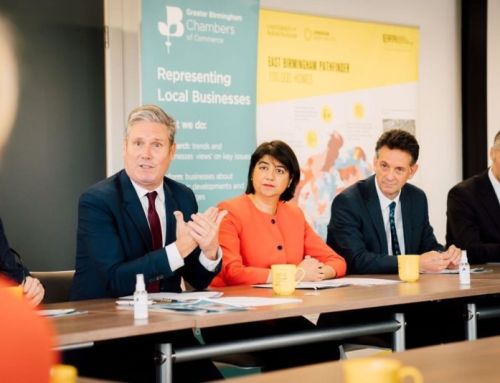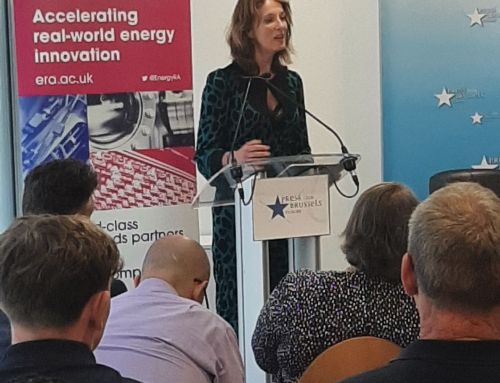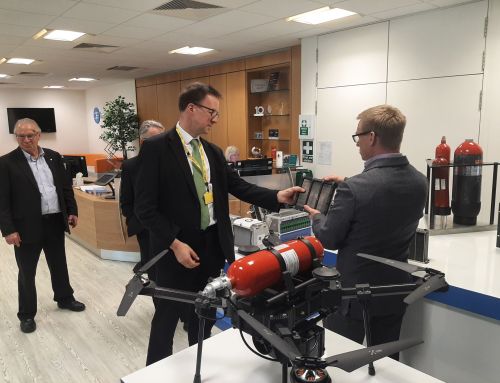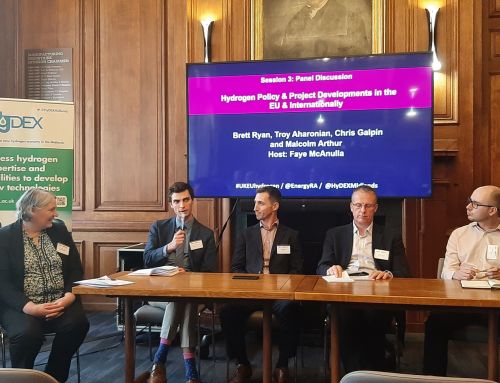The Midlands can be at the heart of the UK’s energy market
In this blog in Insider, Emma Kelly, Chief Operating Officer of ERA puts forward the case for the Midlands to become the centre of the UK's energy market.

The Midlands can be at the heart of the UK’s energy market
The Midlands has an outstanding research base in clean energy. Emma Kelly, chief operating officer at the Energy Research Accelerator, (ERA) explains how this provides opportunities for the region to be a national and international beacon for renewable energy technologies.
Our research expertise is vast, and across the Midlands Innovation university partnership this includes wind-power; photovoltaics; battery chemistry, manufacture and recycling; bio-energy; other forms of energy storage such as compressed air, hydrogen and materials; and carbon capture and storage with the British Geological Survey.
Each of these technology areas offers great opportunities for innovation, all are of great interest to the government, and each has a profound ability to affect energy consumption and productivity through ideas created and developed in the Midlands.
Clean energy is a key part of the vision from the Midlands Engine’s growth strategy. At ERA, through the money invested in us by government (delivered via Innovate UK) and industry, we have the opportunity to develop beacons of excellence which demonstrate and show the world not only the advantages of clean technology, but also how to develop them economically.
Partnerships between universities and businesses are central to this. Universities have traditionally focused research at early stage technology readiness levels. Very often the challenge has been the translation of that promise into real-world opportunities – i.e. technology readiness levels where businesses can see commercial opportunities.
ERA aims to provide links to bring together those companies that are looking for new technologies, and those researchers trying to ensure that research is ready for the future. For example, the price of photo-voltaic (PV) cells used on domestic properties has come down to two-hundredth of the cost that they were in the 1980s, but is this really good enough?
The challenge now is to get vastly more power out of each cell so that the contribution to our energy demand can dramatically improve from every rural and urban PV site. We also need to ensure that those cells are still working efficiently after five years, even when they are covered with atmospheric debris, another significant challenge.
When it comes to batteries, we are clearly heading towards a future where cars will be electrically powered, but how are these cars going to be charged? How will the national infrastructure cope if there is a significant change in demand as a consequence of this welcome move towards cleaner air.
These are all huge opportunities, but also pose huge challenges too.
This region is home to some of the country’s leading businesses and talent, but there is a need for more businesses, local government and academics to work together to drive innovation. ERA is determined to ensure that the voice of business is heard and understood by the university sector, to ensure that we are working on problems that are relevant to the success and productivity of companies and also national agendas.
This means that we want to hear from businesses. We want to engage with businesses of all sizes across the Midlands. The national government has made it clear that it expects the research community to be working on relevant topics, and to ensure that we achieve this aim, we need organisations of all shapes and sizes, in both the public and private sectors, to engage with us and tell us about their priorities.
The Midlands could and should be at the very centre of the UK energy market. ERA is here to help achieve that, we’re here to listen to you, and we’re open for business.
Emma Kelly, Chief Operating Officer, ERA : e. emma.kelly@era.ac.uk
